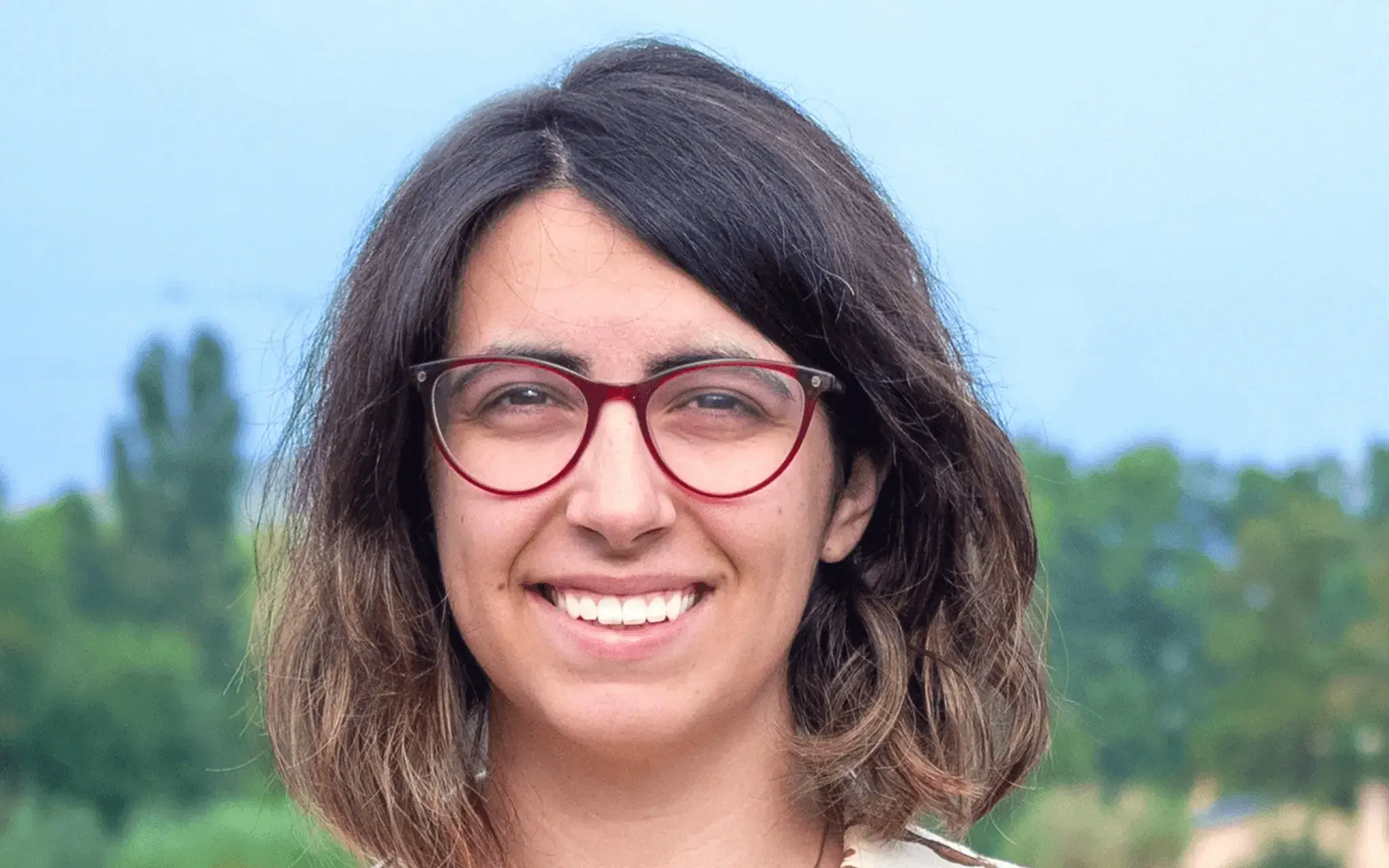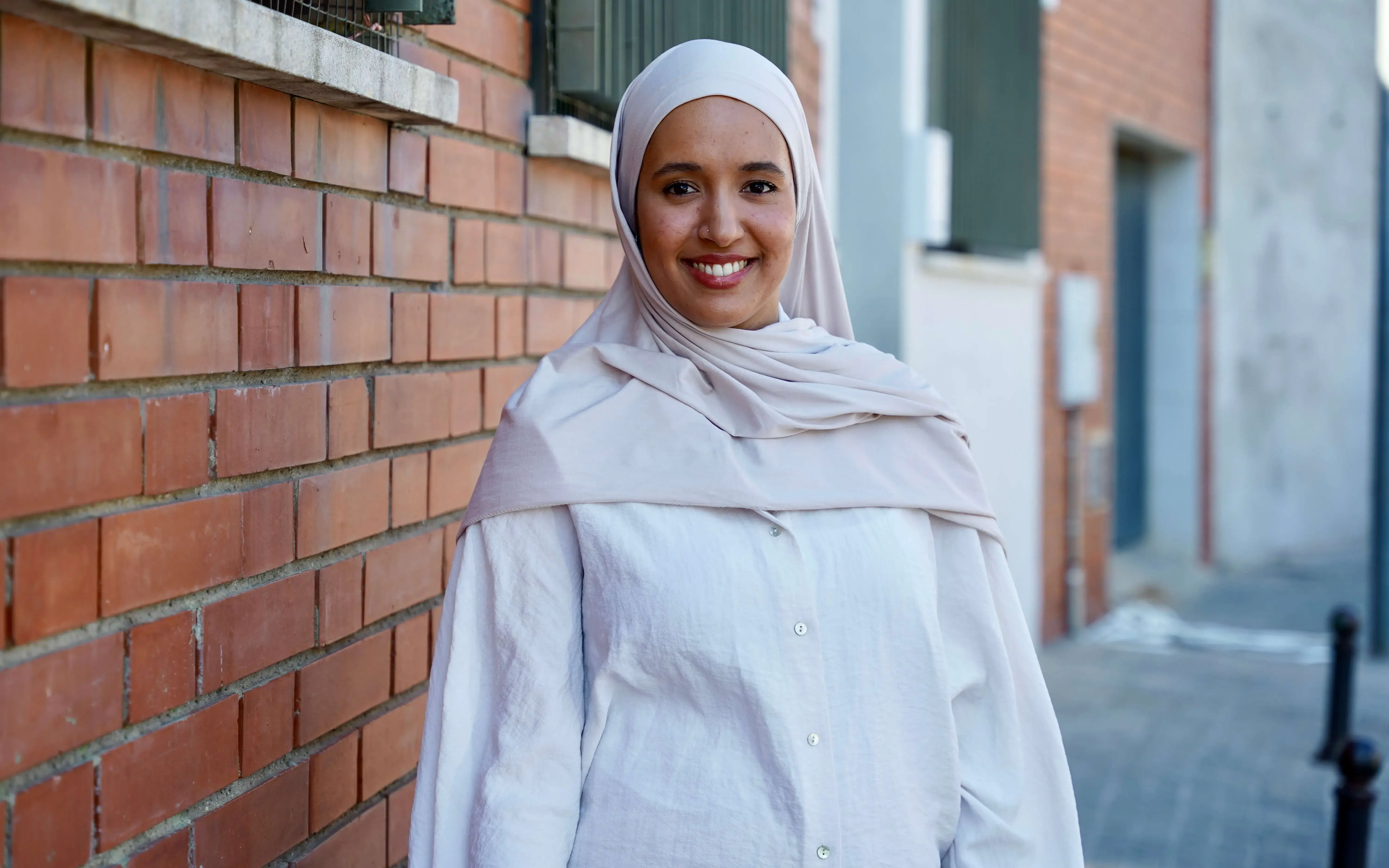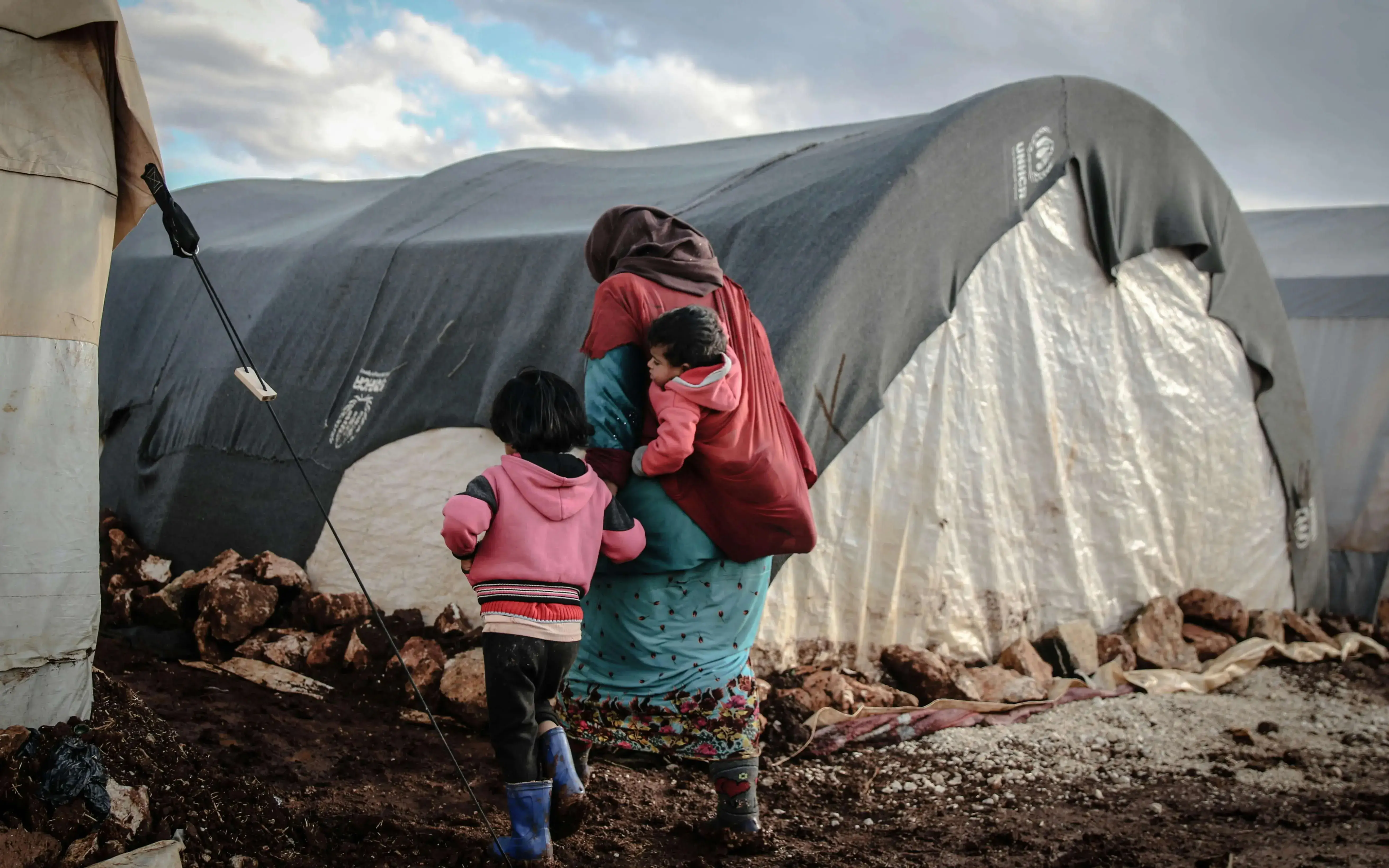The board member of AFNE explains the projects carried out by the association in Ethiopia and how today’s health crisis is affecting them.
What is AFNE?
AFNE is an association of families adopting children from Ethiopia that was established in Barcelona in 2003. We have two main goals: first, cooperation with Ethiopia, mainly through financial support for projects directly relating to children in the country. The second goal is to provide support and attention to adoptive families for aspects such as organizing meetings, post-adoption support workshops, round tables, advice, tracing origins, Amharic lessons and the dissemination of Ethiopian culture, among others.
What is the project you are developing in Ethiopia?
The project is one based on co-financing and financing a maternity and children’s centre in the village of Muketuri, north of the capital. This centre does two things: on the one hand, it receives children from this village for day care and gives them an education and food –one to two meals in this centre.
The centre is also open to the mothers and part of the families of these children to provide them with tools to help them develop and achieve autonomy. We help them by teaching them to build wells or grow their own vegetables, among other activities.
How do you fight to prevent children’s rights from being violated?
By guaranteeing an education and food for these children. I think it’s key to cover their most basic rights. Also, we provide families with the necessary tools so they can develop independently and be self-sufficient with dignity. The ultimate goal is to provide wellbeing to the children and for their rights to be respected and covered.
Which are the key elements for these children to live their childhood in dignity?
Having a dignified childhood means having someone who loves you, protects you and takes care of you. Having a family or an adult who covers your most basic needs and with whom you have an emotional or sentimental bond. Once these basic and affective needs are covered, then you need to guarantee the right to education.
In Ethiopia the concept of family is deeply rooted; it’s very different from our concept, with more extended families with grandparents, uncles and aunts, cousins…and where everyone looks after the children. Where we see deficiencies is in the need to cover basic needs, and this is where we intervene.
How is today’s health crisis affecting Ethiopian children?
The restrictions and the impact caused by the virus are affecting the development of the population. They have fewer resources to prevent cases and treat them, and it is more difficult to control and isolate.
How is the current war in the country affecting you?
We are very saddened by the situation and it isn’t easy to deal with it from here with the strong ties with have with Ethiopia. In these types of conflicts, children are always one of the most affected. Also, we aren’t getting the full information and it’s not always fully verified, not because of bad intentions, but because the resources and the media in the country don’t allow for more information. We are full of sorrow, anxiety and concern and we hope the war ends as soon as possible.
How do you see the future of the association?
This year is being very complicated for all. We were used to having many activities with our members; we organised meetings and leisure activities with the families. Now we can’t do many of these things or we have to do them virtually, and that’s not how we like doing them.
Also, the financial crisis that is hitting us as a result of the health crisis is pushing many people to rethink where they spend their money and some are cancelling their contributions to the AFNE. This is affecting us because our income is reducing and our contribution to the maternity and children’s centre could be reduced. We are looking for ways to keep the network running and also the bonds built over all these years, to continue our work and fight to guarantee children’s rights.








Add new comment